
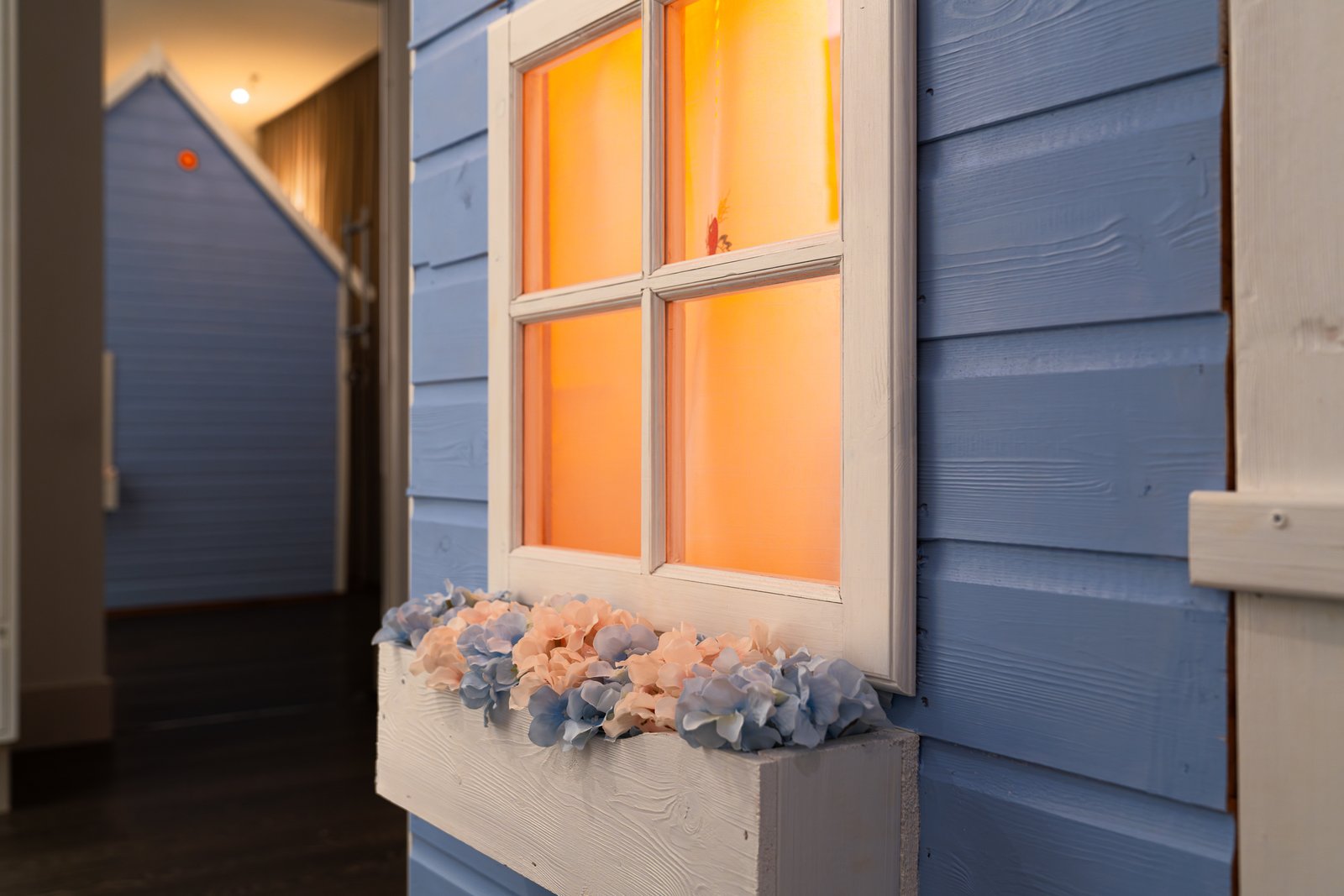


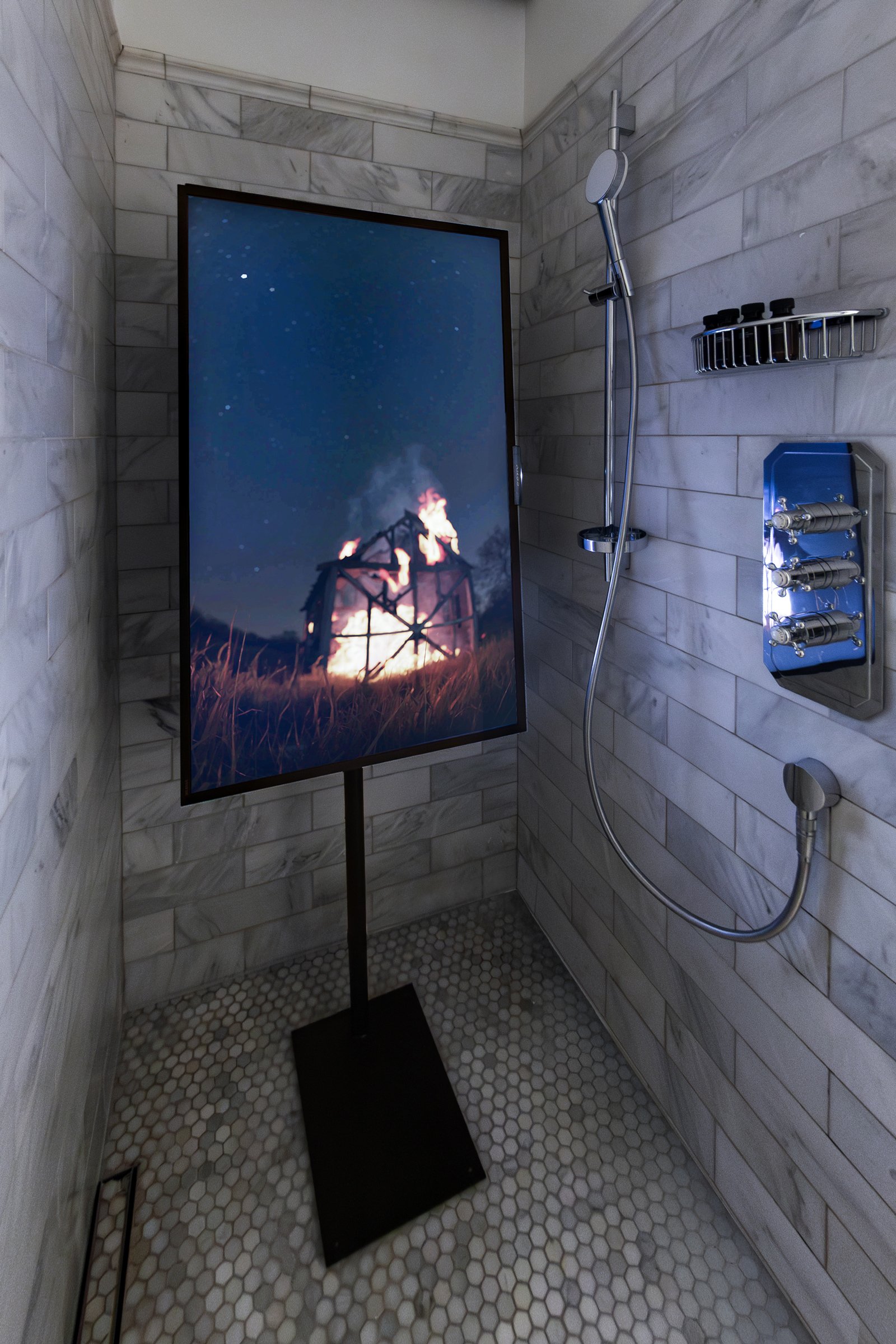


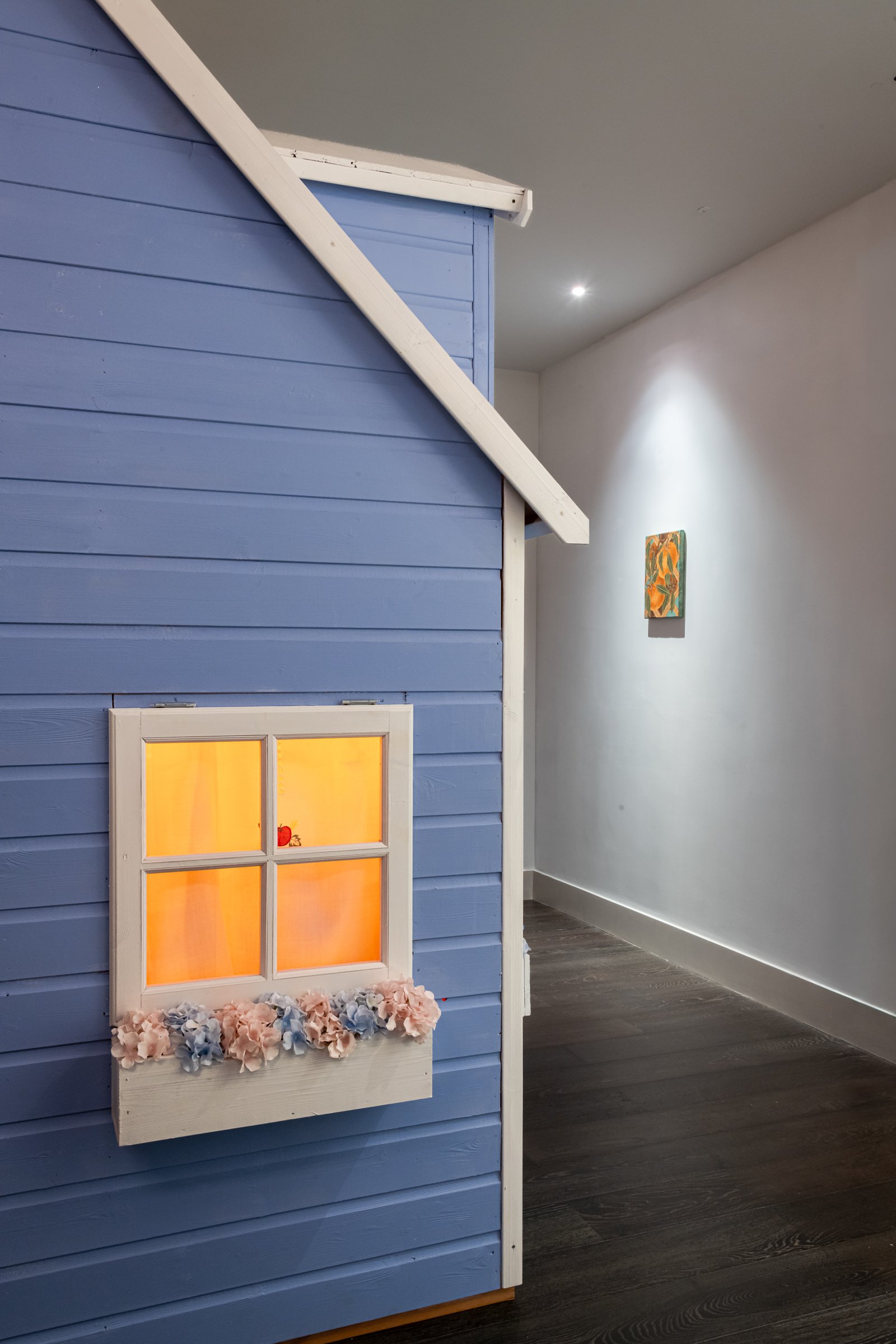
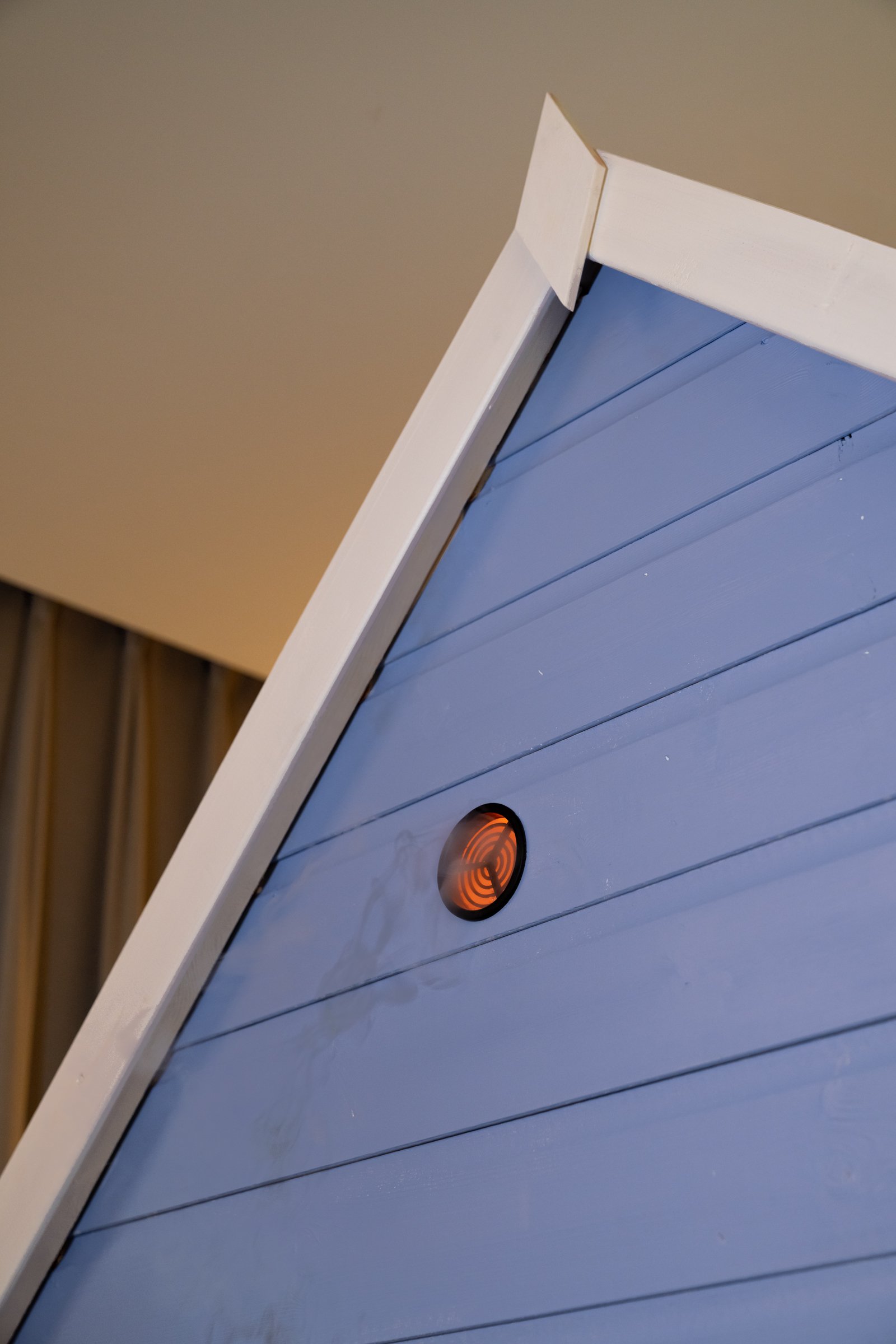
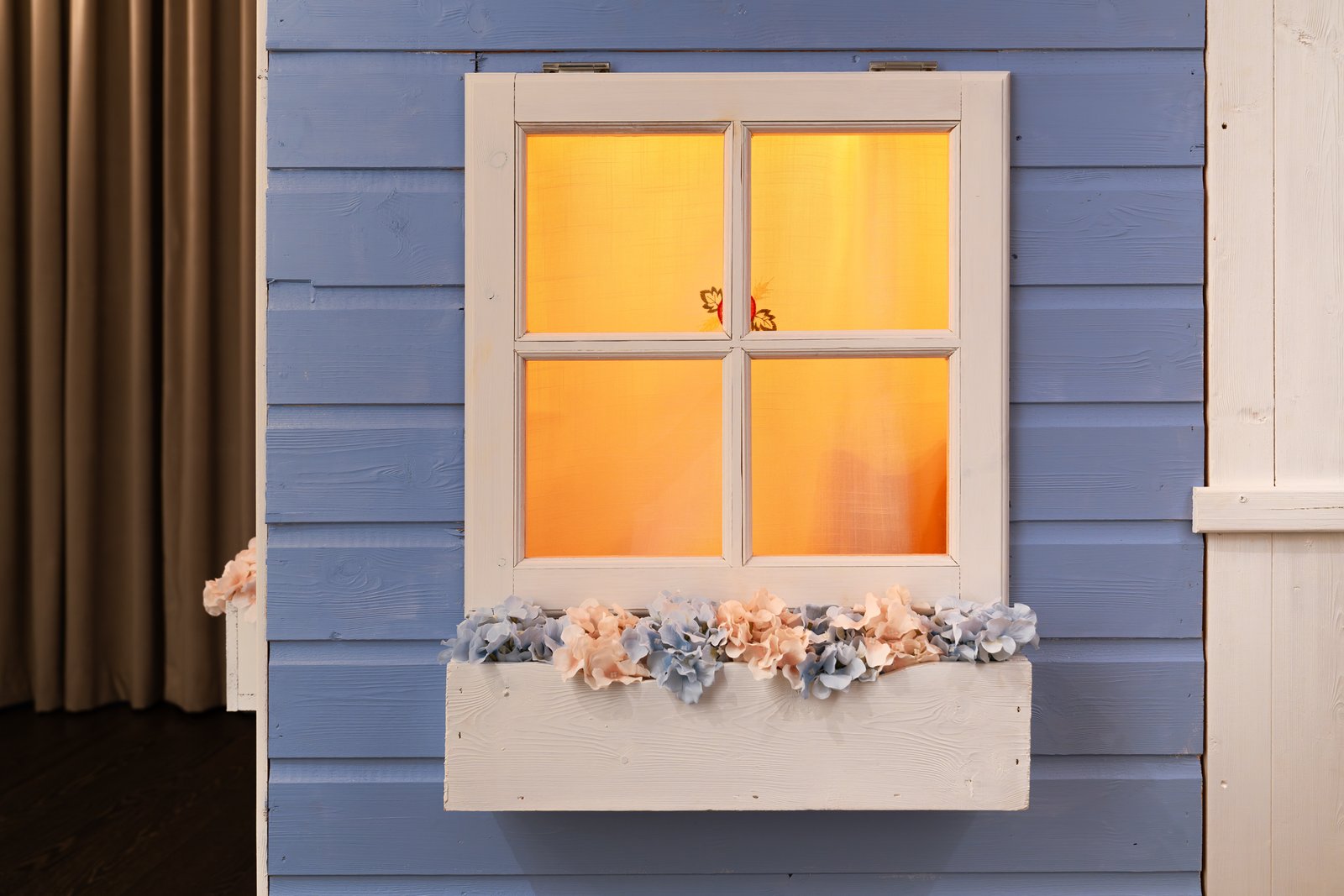
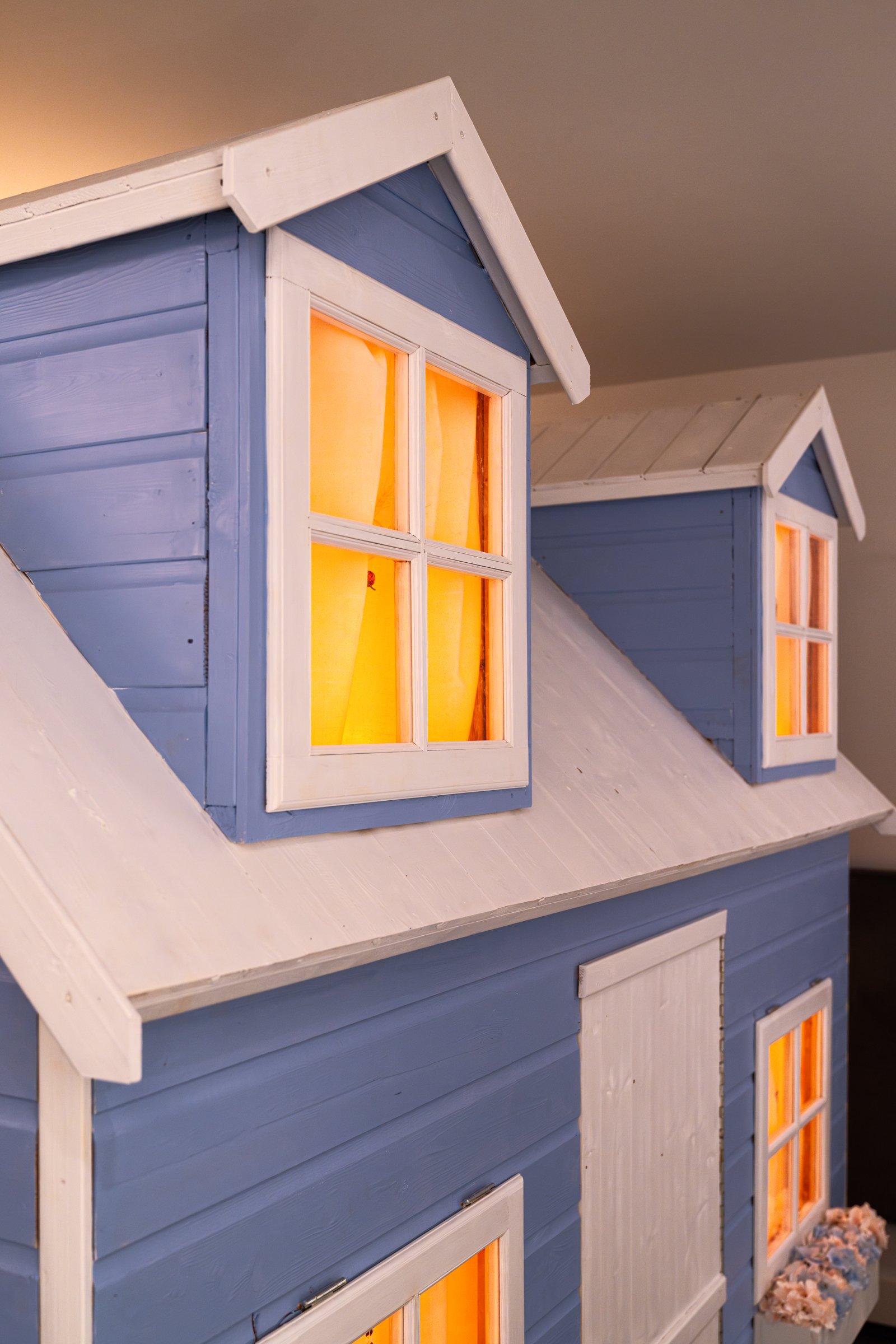
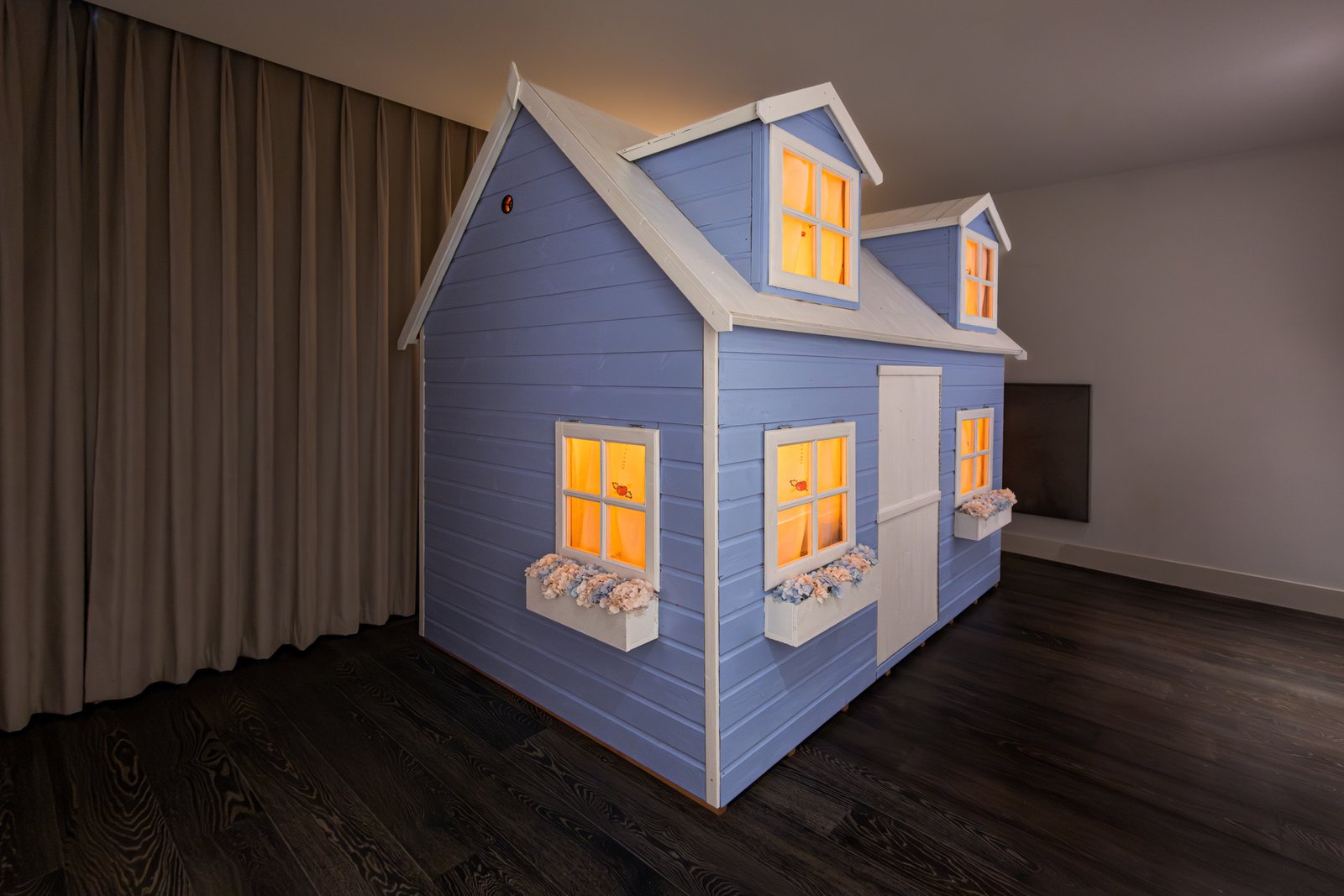
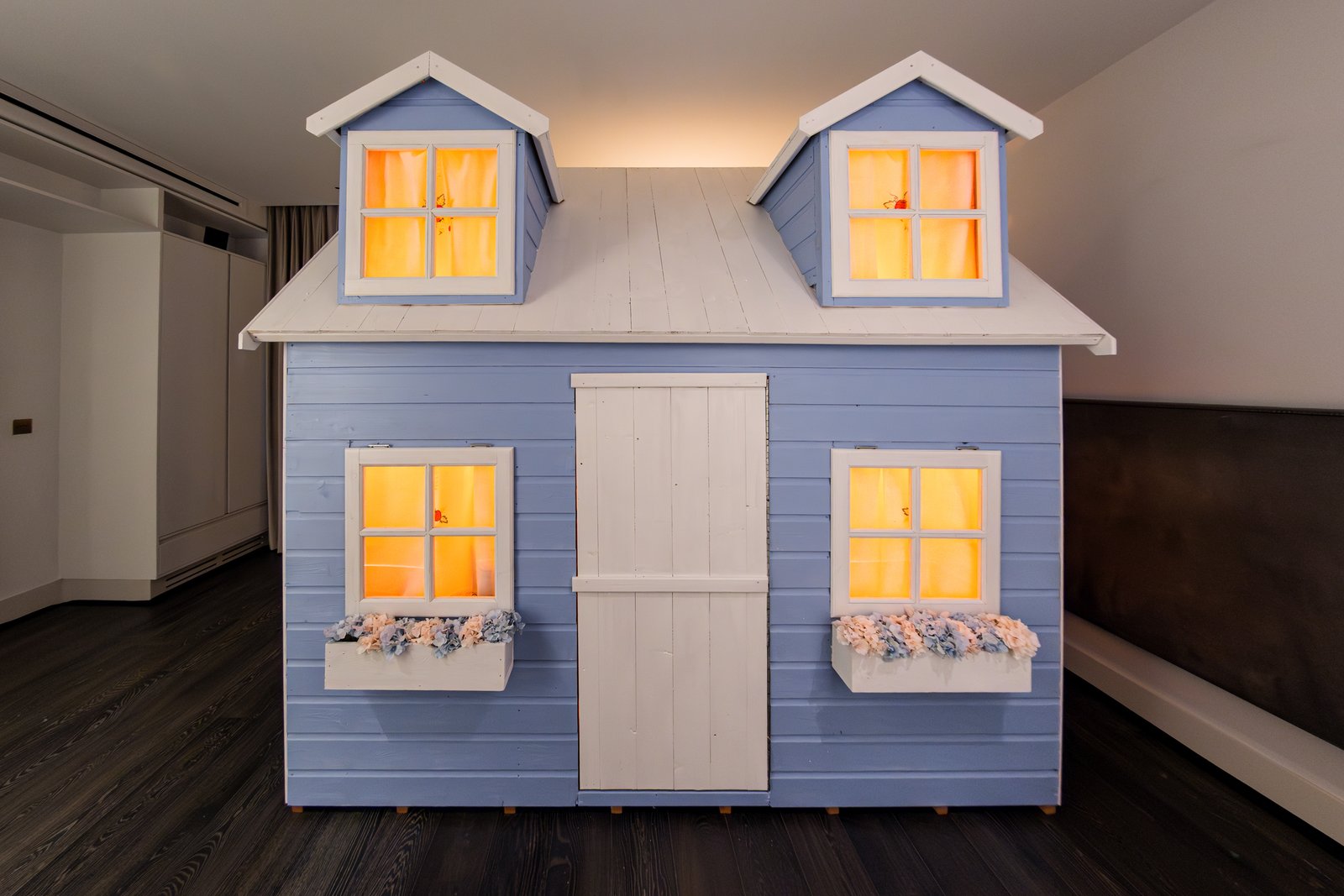
It’s an especially sunny day for October, yet I find myself inside. I’m dusting off my mom’s old Windows XP laptop for a light-hearted sesh of nostalgia. I open The Sims, my save file, which is now over twenty years old, is pristinely preserved on the hard drive. Booting into my ‘most recent’ plot, I find a modded house, modelled after Tsar Alexei Mikhailovich’s “Amusement Palace.” My character is Stalin—historically accurate, as he once made the ‘miniature’ palace, located on the wall of the Kremlin, his domicile —I make him do the dishes.
Alexei’s son, Peter—AKA the Great—engaged himself in a similar form of play as me. At the royal lodge, he commanded an army of playmates, dubbed his “toy army,” drilling them in mock manoeuvres and parades. Child’s play hardened into something more serious; the boys eventually became some of the most disciplined soldiers in the Russian Empire. In this context, play was a dress rehearsal for sovereignty. Just as I move Stalin from room to room and make him eat refrigerated crisps, Peter learned how bodies are moved, strategically.
I pause the game, freezing Stalin. Outside I hear cries coming from my neighbour’s kids’ playhouse. Unlike Peter’s friends, they seem harmless. They don’t parade around with rifles, but with sand pastries. Around the wooden cottage, the scene appears idyllic—children at play in their own pastoral fantasy, running barefoot on grass, seemingly free from the world’s concerns.
Such charming pastoral tableaus aren’t new. Whilst Peter drilled his baby army in play campaigns, the young Princess Elizabeth presided over a small two-storey wendy house fitted with running water and electricity. For the elites the playhouse was never a toy, but a training ground in etiquette, hospitality, and order. Elizabeth’s Wendy house was a Welsh cottage that idolised the countryside, albeit without any of its realities: a sanitised fantasy of rural life. These manufactured rustic idylls continue into our digital age. Tradwives don floral dresses, bake bread, and arrange wildflowers. These contemporary cottagecore touchgrassmaxxing sims exist in a strange middle ground between reality and fantasy. The hardships and messiness of human living is carefully cropped out of the reel—what seems like realism, is actually grounded in a fantastical past: a dream. A dream of nature that is better than nature. More beautiful, more calming and rejuvenating—void of complicated histories. Perfectly alien.
And the scene in my neighbour’s yard too, it’s all performative veneer. You’re the mom, you’re the baby, you’re not allowed inside! After the roles are distributed and the hierarchies rehearsed, the exclusions are enforced. Borders are drafted by pointing a finger and one-by-one they exile each other from their miniature states. It’s a nasty game of citizenry consent and dominion. In protest of the outside world and all its implications, I shut my window. I return to the laptop and resume the game. The crisps were never enough; the Red Tsar is still hungry. I send him to the hob. His lack of cooking skills is evident, as first the pan ignites, and then the counter. Stalin flails hysterically as the flames engulf the rest of the kitchen. I watch, motionless, and when all is ash, I save my game.


